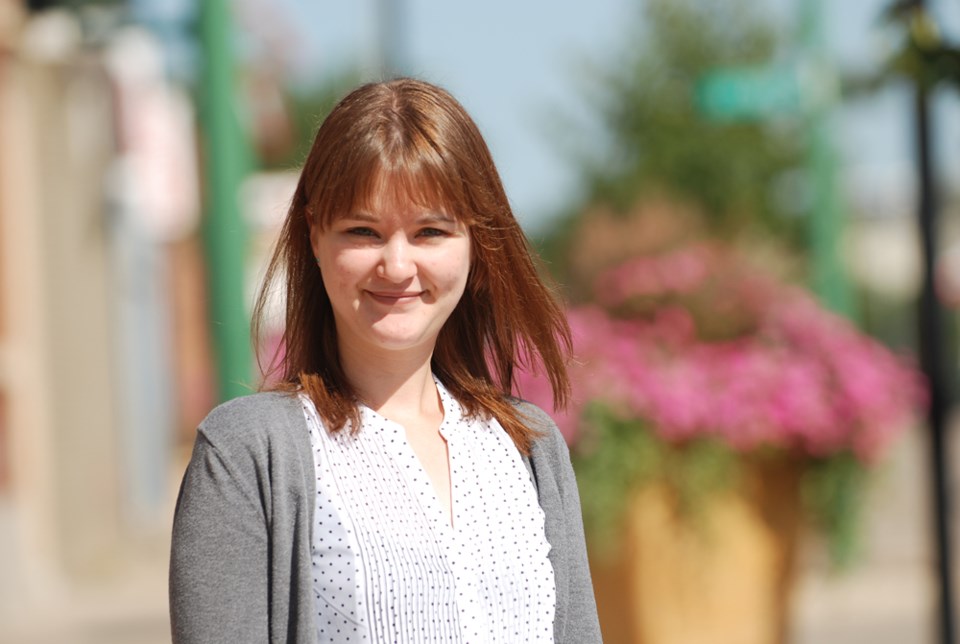At the beginning of July, Jesse Brown of CANADALAND posted an article called “Women Editors Are Fleeing the Globe and Mail.” The article listed female staff members who have left the Globe and Mail along with anecdotes about how the newspaper is a boys’ club and not inclusive of women.
CANADALAND is a website dedicated to criticizing the media in Canada. It’s a site that’s needed in a very insular industry, but Brown positions himself as a lone crusader against injustice, a David fighting against Goliath. The problem with that is occasionally in his zeal to fight back against the media, he sometimes rushes out articles without putting a lot of thought into them. Case in point, this article about sexism at the Globe.
Let’s be clear: women have been talking about sexism in newsrooms for a long time. It happens, and it’s true that top positions at big media companies are overwhelmingly male. But one problem with the article is that Brown has no context or anything to compare the numbers to. One former Globe reporter tweeted out a list of female journalists who had left the Globe and where they were now. Most of them had moved onto other jobs – you know, what happens when you try to advance your career.
Brown also mentions four former Globe editors by name and said that no one commented on the issue. It turns out that while two had declined to comment, he had the wrong email address for another, and with the fourth he thought he had contacted her, but just hadn’t. It’s just shoddy reporting that he tried to do as quickly as possible in his zeal to get a scoop – whether or not it was valid. He didn’t look at what new positions the women took, instead writing a vague sentence about while some women left for better positions, some didn’t have anything lined up. He didn’t compare the numbers with other papers, or the numbers or women leaving versus the number of men leaving. And he didn’t even confirm that the women who left, left because of the culture at the Globe.
And above all, some women are criticizing him for speaking for women, when women have been telling their stories about sexism in the media industry for years - without even making that much of an effort to get information from women themselves. It’s a social justice story gone wrong, and it’s not that unusual.
It’s important to talk about social justice topics – racism, sexism, homophobia, etc. But sometimes articles overreact or are extremely misguided, and this in turn harms legitimate activists.
Take Joni Edelman’s article, “Pixar Fails at Body Positivity in Inside Out.” The movie centres on five emotions living in the mind of an 11-year-old girl named Riley: Joy, Anger, Fear, Disgust, and Sadness. (Minor spoilers ahead): The point of the story is that Joy does not understand the point of Sadness and constantly marginalizes her, but in the end, she realizes that Sadness is not inherently bad and Riley needs her in order to feel other emotions, like empathy and yes, joy. Without seeing the movie, Edelman lambastes Pixar for making Sadness a slightly overweight, dumpy girl in glasses, while Joy gets to be tall, thin, and energetic. Edelman asks why Sadness is short, fat, and has glasses and a sweater. She then answers her own question: “Probably because someone at Pixar thinks fat people are sad. Because they are fat. And how could they be fat and smile? Fat people have some nerve. Also, their poor vision is apparently causing them some distress. Joy doesn’t wear glasses. She probably had Lasik. Because she is probably also rich.”
Come on. When you’re sad, what do you want to do? Probably sit on the couch in comfortable clothes and eat something. As for why Sadness has glasses or why she has hair parted to the side? I don’t know, my guess would be near-sightedness and personal preference. Edelman is reading way too much into something and willfully ignoring how Inside Out is actually progressive: All three leads (Riley, Joy, and Sadness) are female. It’s a kids’ movie that attempts to explain depression. It also champions the importance of the complexity of emotions and letting yourself feel emotion. These are themes that never get addressed, especially not in media for children.
Besides, characters are often physically based on the actors who voice them, in this case Phyllis Smith (Phyllis from The Office) who is herself a heavyset woman with glasses. With this article, Edelman is saying that being fat is bad. According to her, despite the fact that Sadness is only ever portrayed as marginalized and then later, the one who manages to save Riley from shutting down her emotions completely, we’re obviously supposed to view her negatively. Because she’s fat.
A common argument in social justice conversations is that people who get offended are seeing things that aren’t there. They’re playing the victim. Usually, that’s not true – I rarely come across essays about sexism or racism I feel are seeing problems where there aren’t any. This is an exception though.
Social justice already has a bad rap online for seeing problems that aren’t there or being whiny. It’s an important movement, but it doesn’t help when people quickly dash off an article about perceived injustice without getting all the facts.




